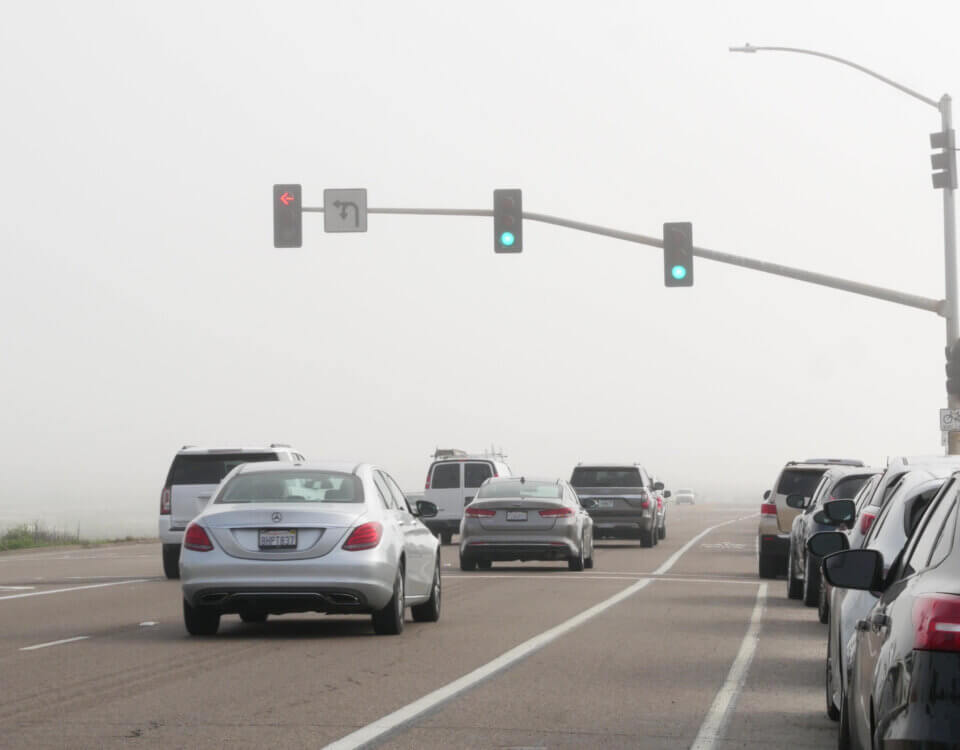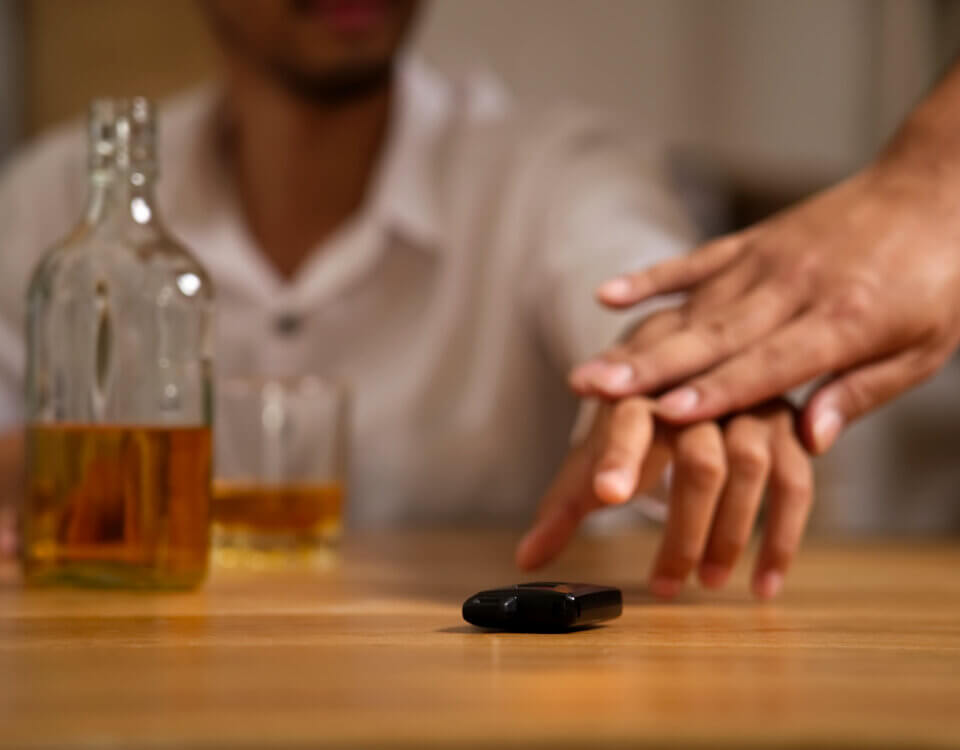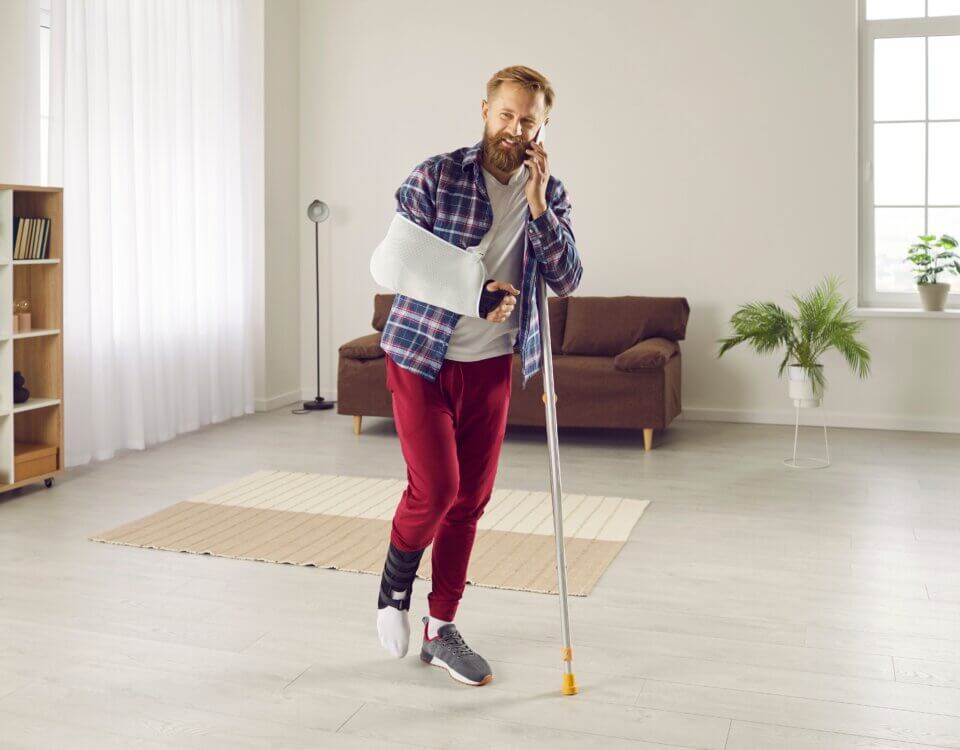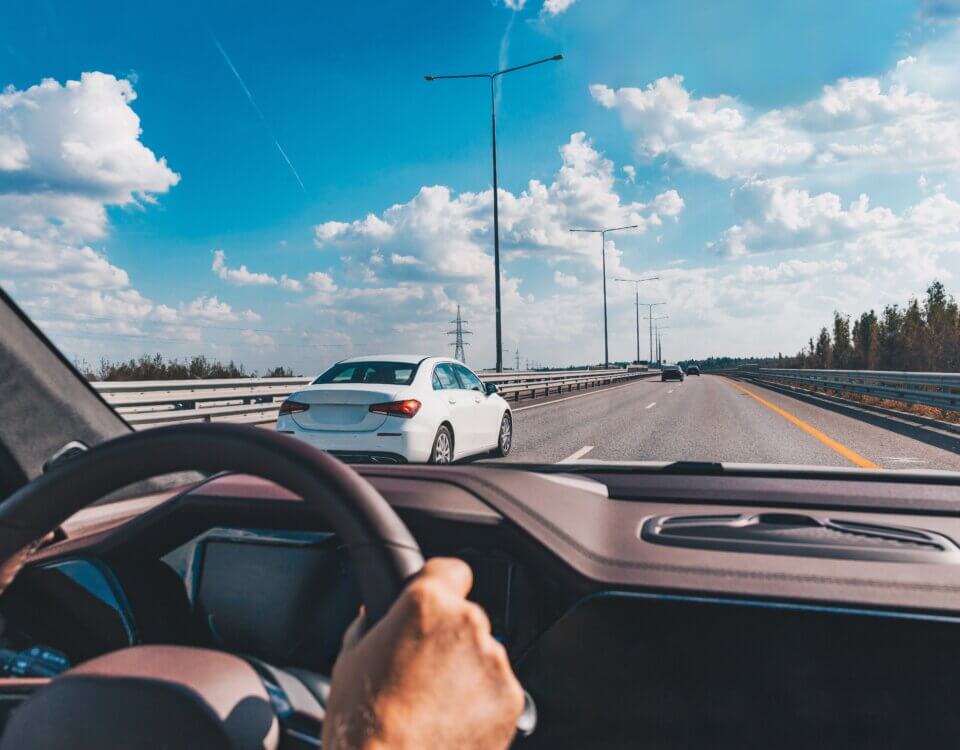When property owners fail to keep their premises safe, visitors can suffer serious injuries. In California, these cases often fall under premises liability law, which holds property owners accountable for hazards they knew about or should have known about but failed to address. At Hillstone Law, we help victims build strong claims to recover the compensation they deserve after accidents on unsafe property.
When Can Property Owners Be Held Liable?
Property owners, landlords, or occupants may be legally responsible if their negligence creates dangerous conditions that lead to injuries. Liability often applies when the victim is:
- An invited guest
- A customer or client conducting business
- An authorized visitor
- In certain cases, a child trespasser drawn to the property
Owners have a legal duty to warn of hazards, eliminate dangers, or take reasonable measures to reduce risks. Failing to do so can result in liability for accidents such as:
- Slip and fall injuries from wet or uneven flooring
- Burns from fires or unsafe equipment
- Drowning in unprotected swimming pools
- Dog bites or animal attacks
- Assaults due to negligent security
Premises liability is closely tied to personal injury law, and many cases involve both.
What the Injured Party Must Prove
To succeed in a premises liability claim, the injured party (plaintiff) must show that:
- The defendant owned, occupied, or leased the property at the time of the incident.
- The defendant was negligent in maintaining the property or addressing known hazards.
- The negligence directly caused the injury.
- The plaintiff suffered damages, such as medical bills, lost wages, or pain and suffering.
For example, a store owner who ignores a spill that later causes a customer to fall may be held liable for the customer’s injuries.
Determining Who Is Responsible
Liability in premises cases can depend on who controlled the property at the time of the injury. For instance:
- Property owners may be responsible if they retained control over dangerous conditions.
- Tenants or lessees may be liable if they were in control of the area where the accident occurred.
- In some cases, both the landlord and tenant may share responsibility.
It’s important to carefully identify the correct defendant before filing a claim.
Negligence in Premises Liability Cases
Negligence in these cases often involves a failure to:
- Repair or remove dangerous conditions
- Provide adequate lighting
- Post warning signs for known hazards
- Maintain stairways, handrails, or flooring
- Ensure equipment and fixtures are safe to use
While property owners can defend themselves by arguing the victim knowingly ignored the danger, the court will weigh whether a reasonable person in the same situation could have avoided the accident.
How a Lawyer Can Strengthen Your Claim
Premises liability claims are rarely straightforward. At Hillstone Law, our attorneys can:
- Investigate the accident to determine liability and gather evidence such as surveillance footage, maintenance records, and witness statements
- Prove negligence, including showing that the property owner failed to act as a reasonable person would have
- Document damages, including medical bills, lost wages, rehabilitation costs, and pain and suffering
- Challenge defenses, such as claims that you were trespassing or assumed the risk
- Negotiate with insurance companies for a fair settlement
- Represent you in court if the case goes to trial
California law allows some exceptions for child trespassers, making it possible to pursue compensation even in cases where an adult might not have a claim.
Contact Hillstone Law Today
If you’ve been injured due to unsafe conditions on someone else’s property, don’t wait to protect your rights. Contact Hillstone Law today for a free consultation. Our experienced premises liability attorneys will review your case and fight to secure the maximum compensation you deserve.
Note: These blog posts are created solely for the use of Hillstone Law. The information is gathered from internet research, publicly available sources, and artificial intelligence (AI) tools such as ChatGPT. While we aim to share helpful and educational content, Hillstone Law does not independently verify every detail. Some information may be incomplete, outdated, or subject to change without notice. If you believe any part of a post is inaccurate, misleading, or infringes upon copyright, please contact Hillstone Law immediately so we can review it and take appropriate action, including correction or removal.
Disclaimer: The material provided in these blogs is for general informational purposes only and should not be considered legal advice. Reading these posts does not create, and is not intended to create, an attorney-client relationship with Hillstone Law. Our intent is to share knowledge, raise awareness, and provide helpful resources to the public; however, Hillstone Law makes no warranties or guarantees about the accuracy, completeness, or reliability of the information provided, and expressly disclaims liability for any actions taken in reliance on it. The photos used in these posts are for illustrative purposes only and do not depict actual clients, individuals, or incidents unless expressly stated. If you or a loved one has been injured in an accident, please contact Hillstone Law at (855) 691-1691. Our attorneys are available to answer your legal questions and help you understand your rights.








